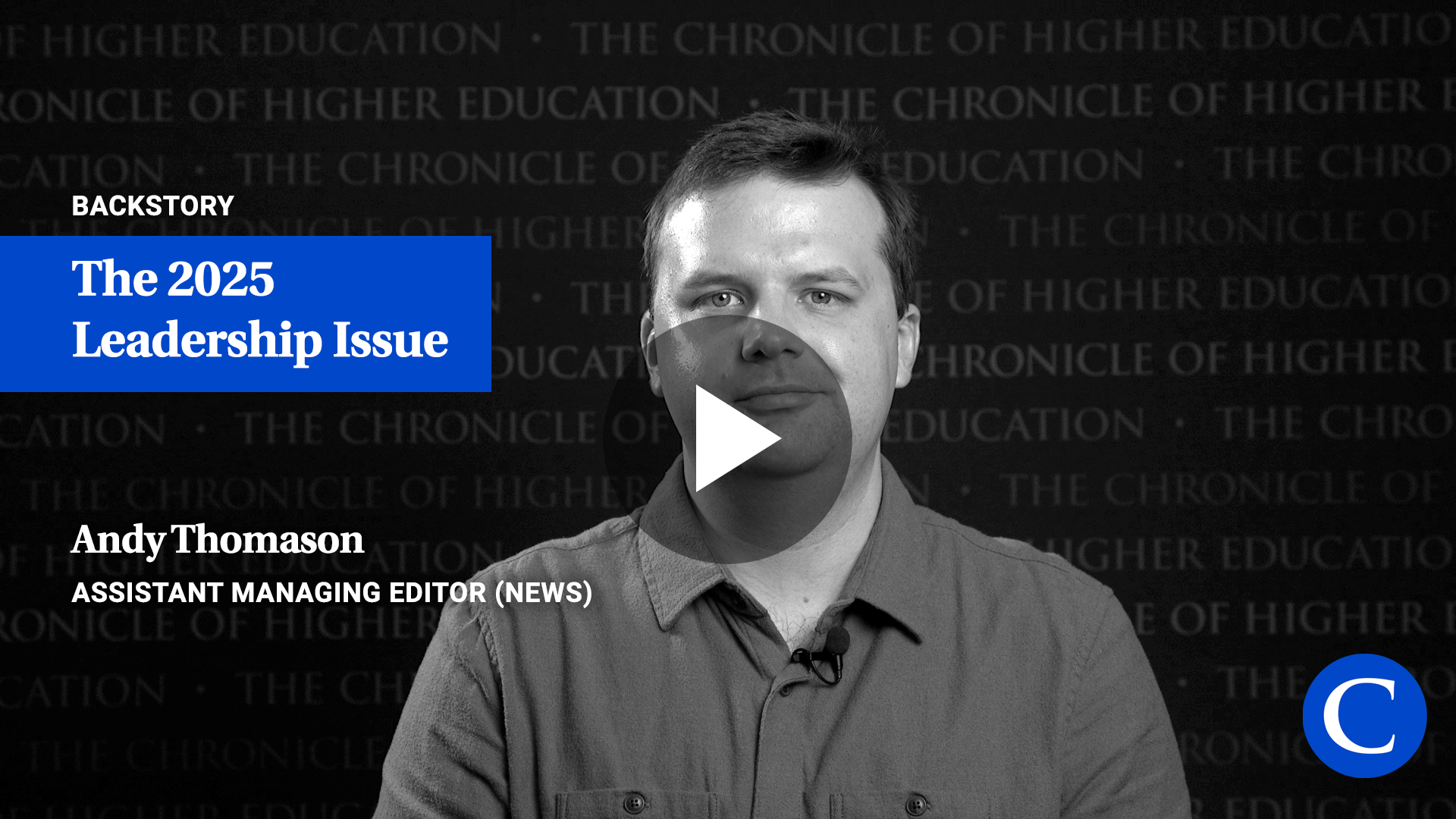When I started covering higher education around a decade ago, the prevailing wisdom was that college presidents were actually fund raisers in disguise. This axiom — oversimplified, to be sure — was driven by an emerging political reality: growing skepticism among state lawmakers and families about whether college was really worth paying for. In such a climate, it made sense that new revenue was the chief concern of the chief executive. Revenue is still top of mind for college leaders. In fact, the forces that made it the paramount focus of the C-suite have intensified. Public skepticism has metastasized into an aggressive desire, shared in many statehouses as well as the White House, to forcibly reform the sector. The nightmare scenario is no longer a slow, steady drop in appropriations or tuition revenue; it’s that all your public funding could disappear overnight. This sudden phenomenon has forced a new reality on the presidency: They are politicians charged with protecting their campuses from oblivion. |
|---|
This new aspect of the job is a key theme of this year’s Leadership Issue. At its center are three presidents who embody it. There’s Mun Y. Choi, who has managed to turn around the University of Missouri’s fortunes while winning over allies in the State Legislature. There’s Bill Johnson, who didn’t have to do much to establish his political bona fides. Before he was the president of Youngstown State University, he was a Trump-supporting Republican congressman in Ohio. And there’s Princeton’s Christopher L. Eisgruber, who has emerged as a pointed critic of the Trump administration’s effort to remake higher ed, to cheers from his campus and liberals nationwide. But wheeling and dealing in service of your own institution may have its limitations. This month, the Trump administration sent a proposed “compact” to nine campuses offering preferential access to federal funding in exchange for agreeing to a set of policies that align with the White House’s vision for higher education. A chorus rose from inside the sector calling on leaders to refuse to sign on, in the hopes that a united front would push back further incursions. In this issue, Danielle Allen, of Harvard’s Kennedy School of Government, agrees that leaders shouldn’t sign — but that they should view the compact as an opportunity. The erosion in public support that has so flummoxed college leaders demands reform, she writes, and colleges must pursue a deal that might someday earn congressional approval. To keep up with new developments regarding the Trump compact, check out the new Live Updates feature on chronicle.com, where our reporters and editors are breaking down the latest news. Collective action would demand a bold and imaginative political sensibility stretching far beyond institutional interests. You might call that naive — or you might call it leadership. Andy Thomason Assistant Managing Editor |
|---|


